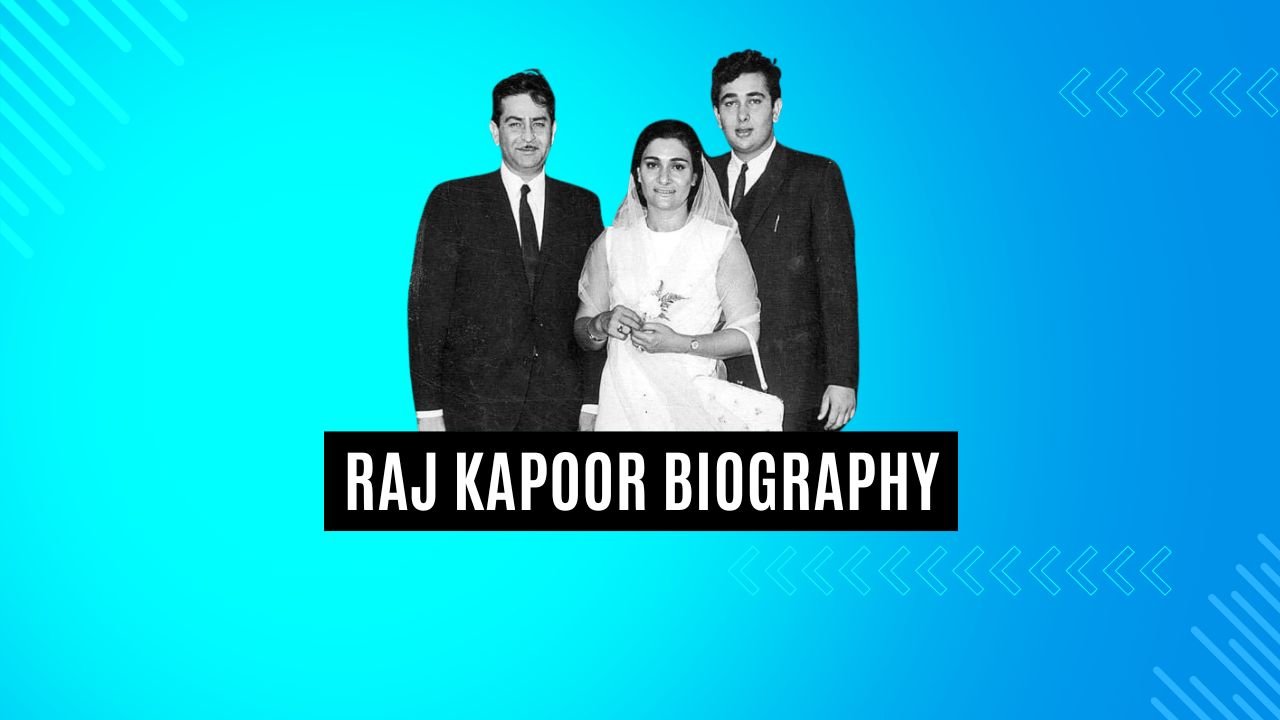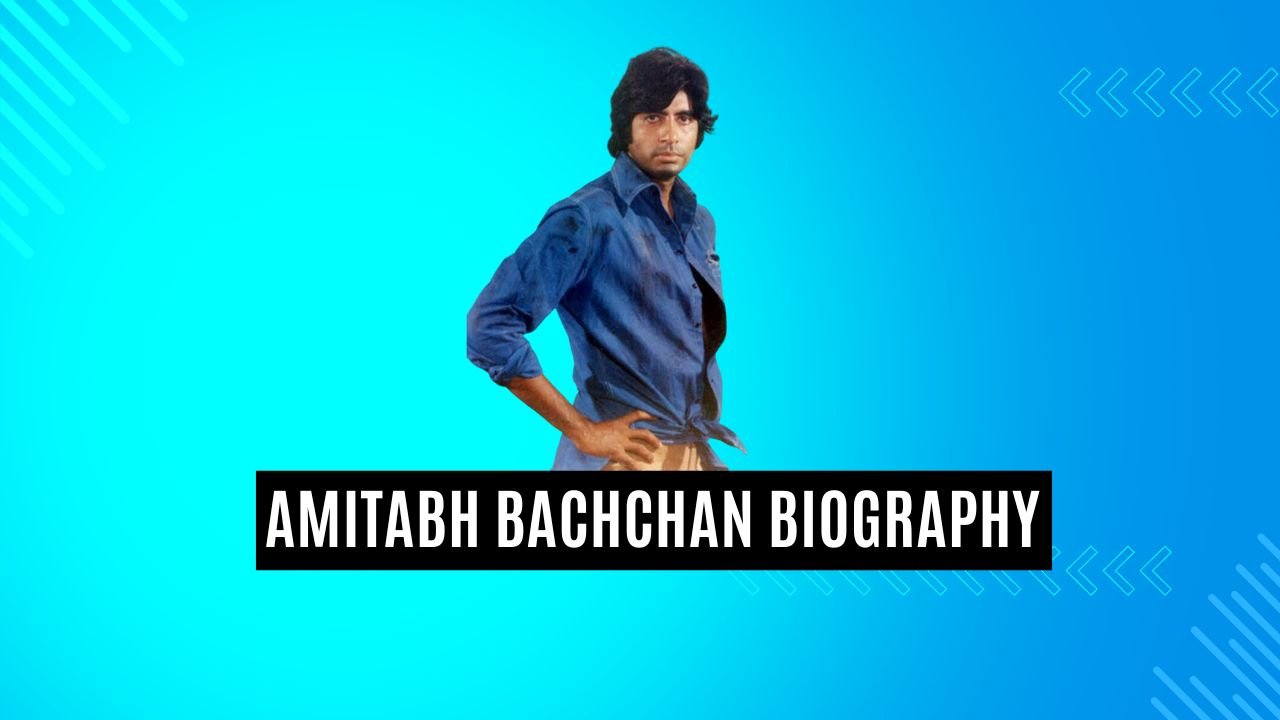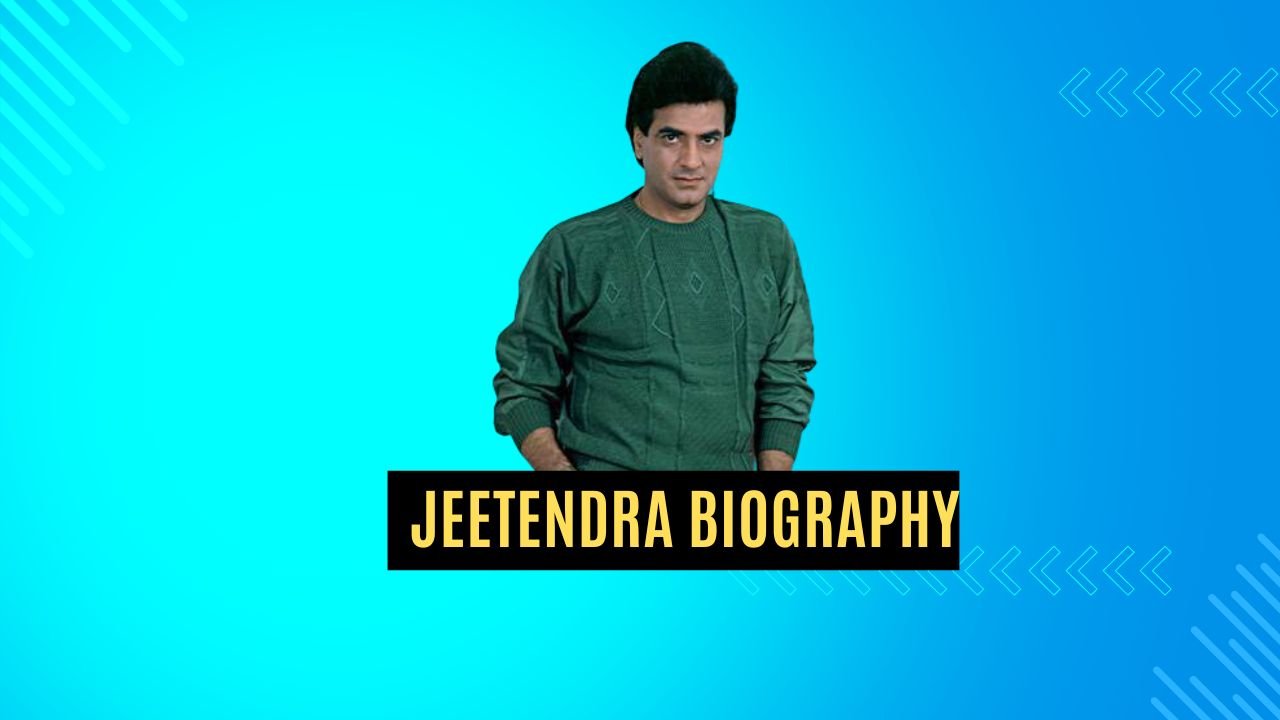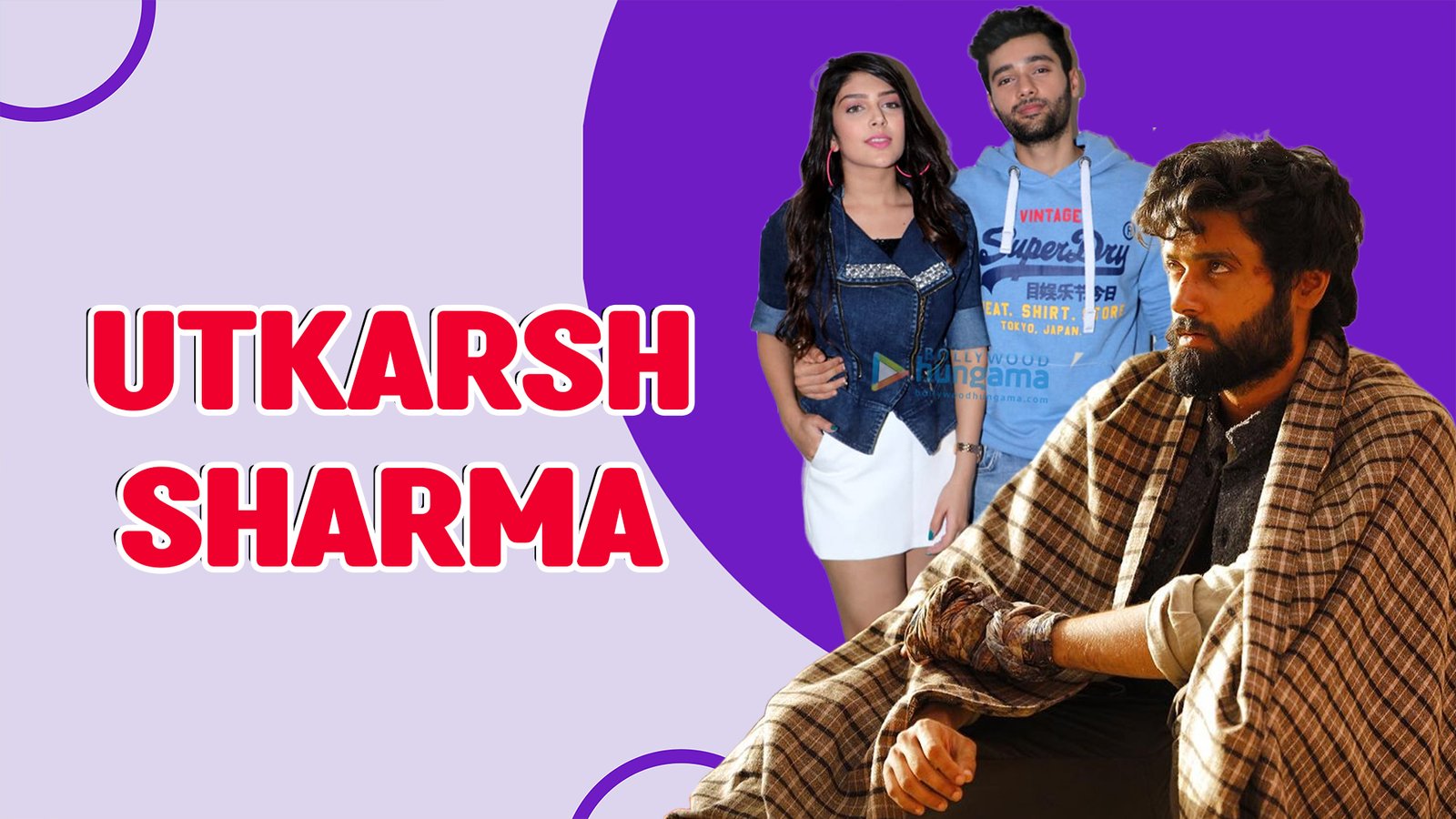Rishi Kapoor Biography: Rishi Kapoor, a name that resonates with Indian cinema for over five decades, was a versatile and iconic actor whose contribution to Bollywood remains unparalleled. Born on September 4, 1952, in Mumbai, India, Rishi Kapoor hailed from the illustrious Kapoor family, a dynasty deeply rooted in the film industry. He was the second son of legendary actor Raj Kapoor and Krishna Kapoor. Rishi Kapoor’s journey in the world of cinema was nothing short of extraordinary, marked by remarkable performances, enduring popularity, and a place in the hearts of millions. This biography delves into the life and career of the evergreen Bollywood legend, Rishi Kapoor.
Early Life and Family Background:
Rishi Kapoor was born into a family with an exceptional legacy in the Indian film industry. His father, Raj Kapoor, was one of the most influential and celebrated actors and filmmakers in Bollywood history. His mother, Krishna Kapoor, belonged to the prestigious Kapoor family, which had a long history in the entertainment industry. Rishi Kapoor had two siblings, Randhir Kapoor and Rajiv Kapoor, both of whom would also make their mark in the world of cinema.
Growing up in this illustrious household, Rishi Kapoor was exposed to the world of movies from a very young age. He was particularly close to his father, Raj Kapoor, who played a pivotal role in shaping his early understanding and appreciation of cinema. It was within this nurturing environment that Rishi Kapoor’s passion for acting was kindled, and he began to dream of following in his father’s footsteps.
Early Education and Training:
Rishi Kapoor received his early education at Campion School in Mumbai, where he was known for his charming personality and his innate talent for acting. His academic interests, however, took a back seat as he became more focused on honing his acting skills. Under the guidance of his father and renowned acting coaches, Rishi Kapoor started attending acting workshops and theater classes.
At the tender age of 16, Rishi Kapoor made his debut in Bollywood as an actor. His first film, “Mera Naam Joker” (1970), was directed by his father, Raj Kapoor. Although the film didn’t fare well at the box office, Rishi’s performance was noted for its sincerity and innocence. It was clear that the young Kapoor had a promising future in the industry.
Early Career and Breakthrough:
Rishi Kapoor’s early career was marked by a series of films that showcased his talent, but it was the 1973 film “Bobby” that catapulted him to stardom. Directed by Raj Kapoor, “Bobby” was a teenage love story that struck a chord with the youth of India. Rishi Kapoor’s charming portrayal of the young and romantic Raj Nath made him an overnight sensation. The film was not only a massive commercial success but also established Rishi Kapoor as the new heartthrob of Bollywood.
Following the success of “Bobby,” Rishi Kapoor continued to deliver memorable performances in films like “Khel Khel Mein” (1975), “Laila Majnu” (1976), and “Amar Akbar Anthony” (1977). He showcased his versatility by effortlessly transitioning between romantic, comic, and dramatic roles. His charismatic screen presence and acting prowess earned him a devoted fan following.
Rishi Kapoor’s Collaboration with Directors:
Throughout his career, Rishi Kapoor collaborated with some of the most talented directors in Bollywood, creating cinematic magic onscreen. His partnership with directors like Raj Kapoor, Yash Chopra, and Hrishikesh Mukherjee resulted in some of the most memorable films in Indian cinema.
- Yash Chopra: Rishi Kapoor’s association with Yash Chopra led to the creation of timeless classics such as “Kabhi Kabhie” (1976) and “Chandni” (1989). These films not only showcased his romantic side but also demonstrated his ability to convey complex emotions on screen.
- Hrishikesh Mukherjee: Rishi Kapoor’s collaboration with Hrishikesh Mukherjee in films like “Bhagwan Dada” (1986) and “Naseeb” (1981) showcased his knack for comedy and his ability to handle light-hearted roles with finesse.
- Raj Kapoor: Working with his father, Raj Kapoor, in films like “Mera Naam Joker” (1970) and “Prem Rog” (1982), allowed Rishi Kapoor to delve into emotionally charged characters and establish his versatility as an actor.
Personal Life:
While Rishi Kapoor was achieving great success in his professional life, his personal life also witnessed significant developments. In January 1980, he tied the knot with Neetu Singh, a popular actress of her time. Their marriage was a celebrated event in the industry, and the couple soon became one of Bollywood’s most beloved pairs both on and off-screen. Their chemistry was palpable in films like “Khel Khel Mein” and “Doosra Aadmi.”
Rishi and Neetu Kapoor had two children: Riddhima Kapoor Sahni and Ranbir Kapoor. Ranbir would later go on to become a successful actor in his own right, carrying forward the Kapoor family legacy.
Career Challenges and Reinvention:
Like any actor, Rishi Kapoor faced his share of career ups and downs. In the 1980s, as the Hindi film industry evolved, Rishi found himself grappling with changing audience preferences. Younger actors were emerging, and the industry was shifting toward a more action-oriented and masala film trend.
During this phase, Rishi Kapoor experimented with various roles and genres, trying to adapt to the changing times. He appeared in films like “Karz” (1980), “Coolie” (1983), and “Saagar” (1985), which showcased his versatility but didn’t always translate into box office success. However, his dedication to his craft remained unwavering, and he continued to evolve as an actor.
A notable turning point in Rishi Kapoor’s career came with the 1999 film “Karobaar: The Business of Love,” which marked his directorial debut. While the film didn’t achieve significant success, it reflected his desire to explore new facets of filmmaking and storytelling.
Rishi Kapoor’s Comeback:
The 2000s witnessed a resurgence in Rishi Kapoor’s career as he played character roles that displayed his acting prowess. He took on challenging and unconventional roles in films like “Hum Tum” (2004), where he played a supporting yet memorable character, and “Fanaa” (2006), where he portrayed a negative character with finesse. His performances in these films garnered critical acclaim and established him as a seasoned actor willing to take on diverse roles.
However, it was the 2010s that truly marked Rishi Kapoor’s comeback as a character actor par excellence. His portrayal of Rauf Lala in “Agneepath” (2012) received widespread praise and showcased his ability to essay complex, morally ambiguous characters. He continued to deliver impactful performances in films like “Kapoor & Sons” (2016), “Mulk” (2018), and “102 Not Out” (2018). These roles earned him critical acclaim and proved that age was no barrier to his talent.
Health Struggles and Courage:
In 2018, Rishi Kapoor faced a major health setback when he was diagnosed with cancer. He underwent extensive treatment in New York and was away from the film industry and his family for a considerable period. Despite the physical and emotional challenges, Rishi Kapoor displayed incredible resilience and courage throughout his battle with cancer.
His candid posts on social media provided a glimpse into his journey, and he received an outpouring of love and support from fans and colleagues in the film industry. After nearly a year of treatment, Rishi Kapoor returned to India in September 2019, declaring that he had overcome cancer and was on the path to recovery.
Legacy and Impact:
Rishi Kapoor’s legacy in Indian cinema is nothing short of remarkable. His contributions spanned over five decades, and he left an indelible mark on every genre he ventured into, be it romance, drama, comedy, or character-driven roles. His on-screen charm, impeccable acting skills, and ability to connect with audiences transcended generations.
One of Rishi Kapoor’s enduring qualities was his adaptability. He seamlessly transitioned from a romantic hero in the 1970s to a versatile character actor in the 2010s. His ability to evolve with the changing dynamics of the film industry and consistently deliver powerful performances set a benchmark for actors of all ages.
In addition to his acting prowess, Rishi Kapoor was also known for his warm and affable personality off-screen. He had a strong presence on social media, where he interacted with fans, shared anecdotes from his career, and expressed his views on various topics. His candid and witty tweets endeared him to a new generation of fans.
Rishi Kapoor’s passing in April 2020 was a profound loss for the Indian film industry and his countless admirers. His legacy lives on through his body of work, his family’s continued presence in the industry, and the fond memories that fans hold of him.
Conclusion:
Rishi Kapoor’s journey from a child born into Bollywood royalty to becoming one of the industry’s most beloved and accomplished actors is a testament to his talent, dedication, and enduring charm. He faced the challenges of fame, changing industry trends, and personal health battles with remarkable resilience and grace. Throughout his illustrious career, he brought joy, laughter, and tears to countless moviegoers and will forever be remembered as an iconic figure in Indian cinema.
Rishi Kapoor’s legacy goes beyond the silver screen. He was not just a great actor; he was a symbol of the enduring power of passion and the ability to reinvent oneself. His name will continue to be synonymous with timeless classics, memorable performances, and the magic of Bollywood. As fans and admirers, we are fortunate to have witnessed the brilliance of Rishi Kapoor, a true legend of Indian cinema.



